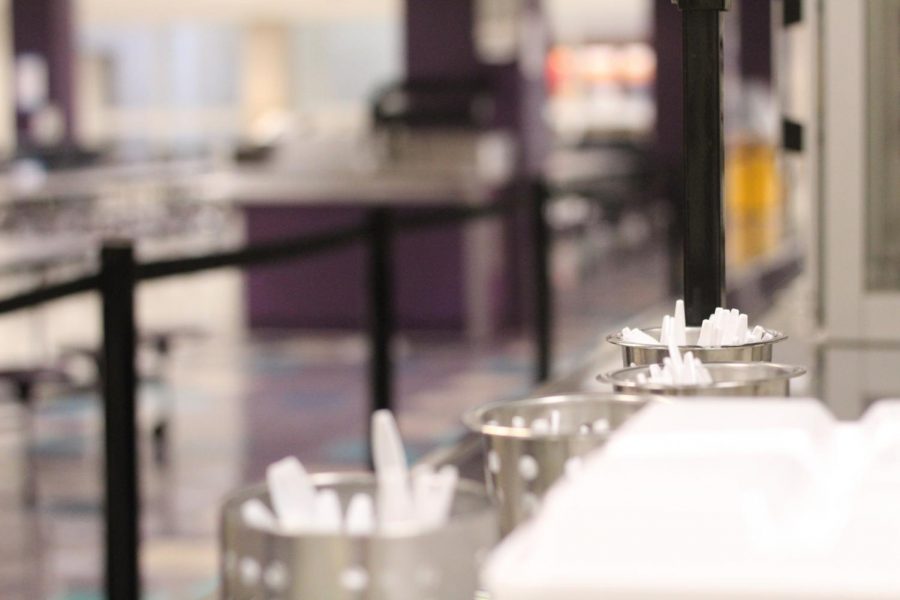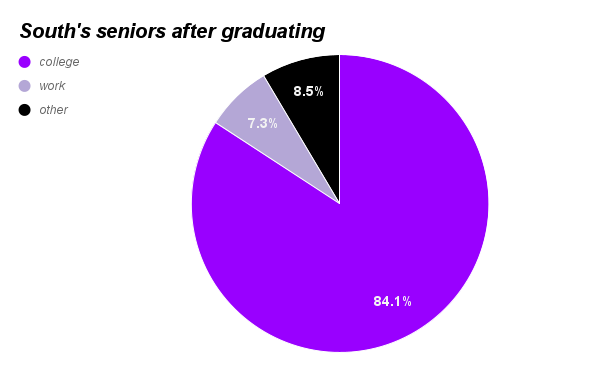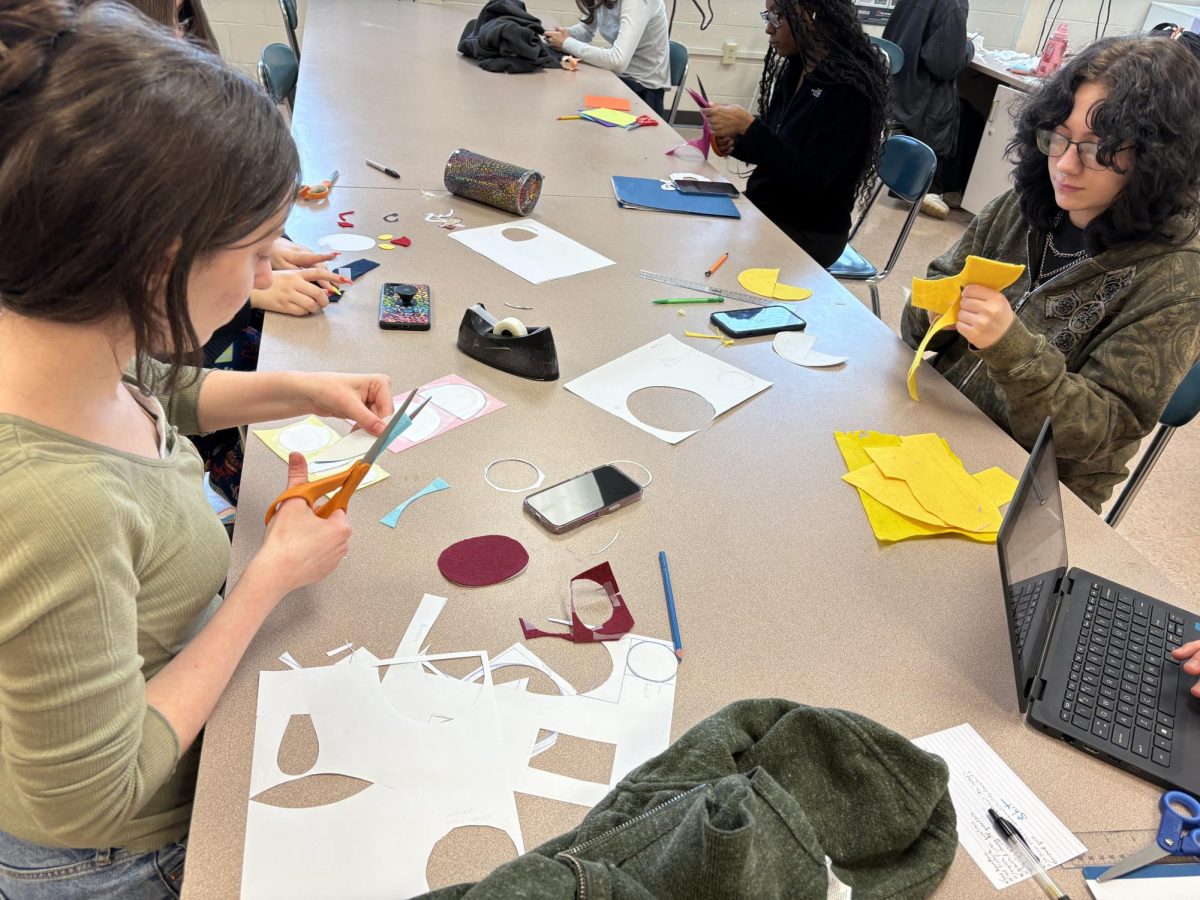Bloomington South’s lunch room is many things, but ‘environmentally-friendly’ is not the first thing that comes to mind.
While there are usually reusable platters to put food on, the last couple of months have seen flimsy Styrofoam platters being used due to the broken dish washing equipment. Despite the fact that they could be recycled, there are no recycling bins and haven’t been for years. A look at one of the trash bins reveals an overflow of plastic, food scraps, and utensils, all going to the landfill.
South’s SAGE Club, or Students Advocating a Greener Environment, even conducted an audit last year of the waste produced in one lunch at South. Their results showed that only 23 percent of the waste actually had to go to the landfill. That means we could be composting 75 lbs, or 53 percent, of food every day, as well as recycling another 23 percent.
Starting in about 2-3 weeks, however, a huge change will happen in Monroe County schools. The usual plastic spoons and forks will be replaced with durable metal utensils and reusable platters, and things like soup bowls will be replaced with compostable bowls. For times like now, when dishes are unable to be washed, compostable platters will be available. Additionally, recycling bins have started to pop up in the lunchroom.
MCCSC Food Director Hattie Johnson says equipment suppliers have already been found to source all of the changes that are being made, though some things will take a while to integrate into day-to-day use. The utensils will arrive mid-November, but a machine to wash these new dishes won’t be ready until after winter break, so that’s when students can expect to see these new changes.
Although many Monroe County schools already have some combination of reusable and landfill items, Johnson says this change will be a pretty sudden switch. She has some fears, namely that students will purposefully throw out the metal utensils or use them to hurt each other, but she is confident that this is absolutely necessary for MCCSC’s schools.
With these lunchroom updates, Bloomington South will be following a nation-wide push for less wasteful practices in schools and businesses. SAGE has even orchestrated the beginnings of a composting program for South, which recently got approval from administration. SAGE is also exploring the idea of having a school garden. Although it’s in the early stages, it’s something students will, hopefully, be able to enjoy in the coming years.
Human consumption is a huge factor, if not the biggest, in climate change and waste accumulation on this planet. There are small things individuals can do, but large-scale changes in institutions are what can help the most.
“I hope my biggest fears about students misusing these will turn out to be not worth worrying over,” said Johnson. “Let’s try to teach responsibility to those who didn’t learn it along the way.”



